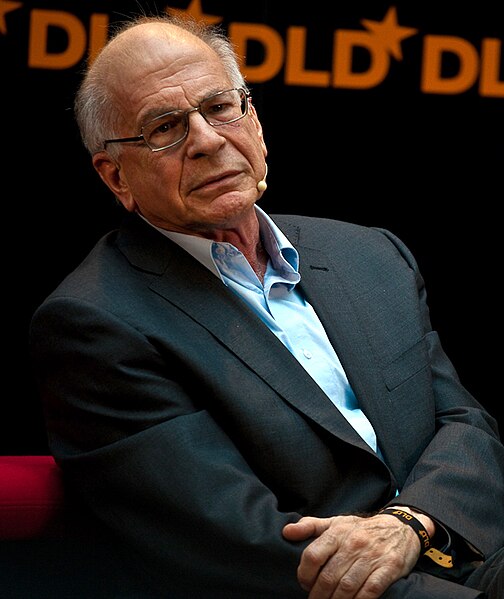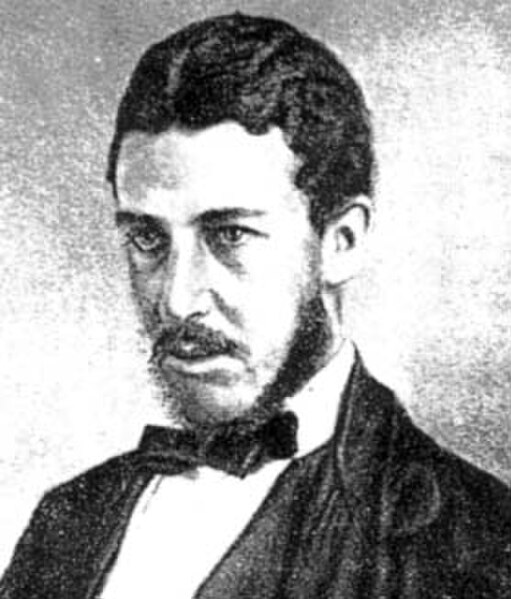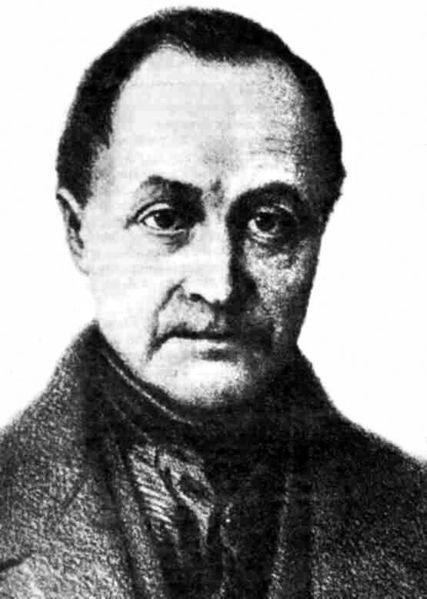Rational choice theory refers to a set of guidelines that help understand economic and social behaviour. The theory originated in the eighteenth century and can be traced back to the political economist and philosopher Adam Smith. The theory postulates that an individual will perform a cost–benefit analysis to determine whether an option is right for them. It also suggests that an individual's self-driven rational actions will help better the overall economy. Rational choice theory looks at three concepts: rational actors, self interest and the invisible hand.
Daniel Kahneman
William Stanley Jevons
Sociology is the scientific and systematic study of human society that focuses on society, human social behavior, patterns of social relationships, social interaction, and aspects of culture associated with everyday life. Regarded as a part of both the social sciences and humanities, sociology uses various methods of empirical investigation and critical analysis to develop a body of knowledge about social order and social change. Sociological subject matter ranges from micro-level analyses of individual interaction and agency to macro-level analyses of social systems and social structure. Applied sociological research may be applied directly to social policy and welfare, whereas theoretical approaches may focus on the understanding of social processes and phenomenological method.
Ibn Khaldun statue in Tunis, Tunisia (1332–1406)
Auguste Comte (1798–1857)
Karl Marx (1818–1883)
Émile Durkheim






